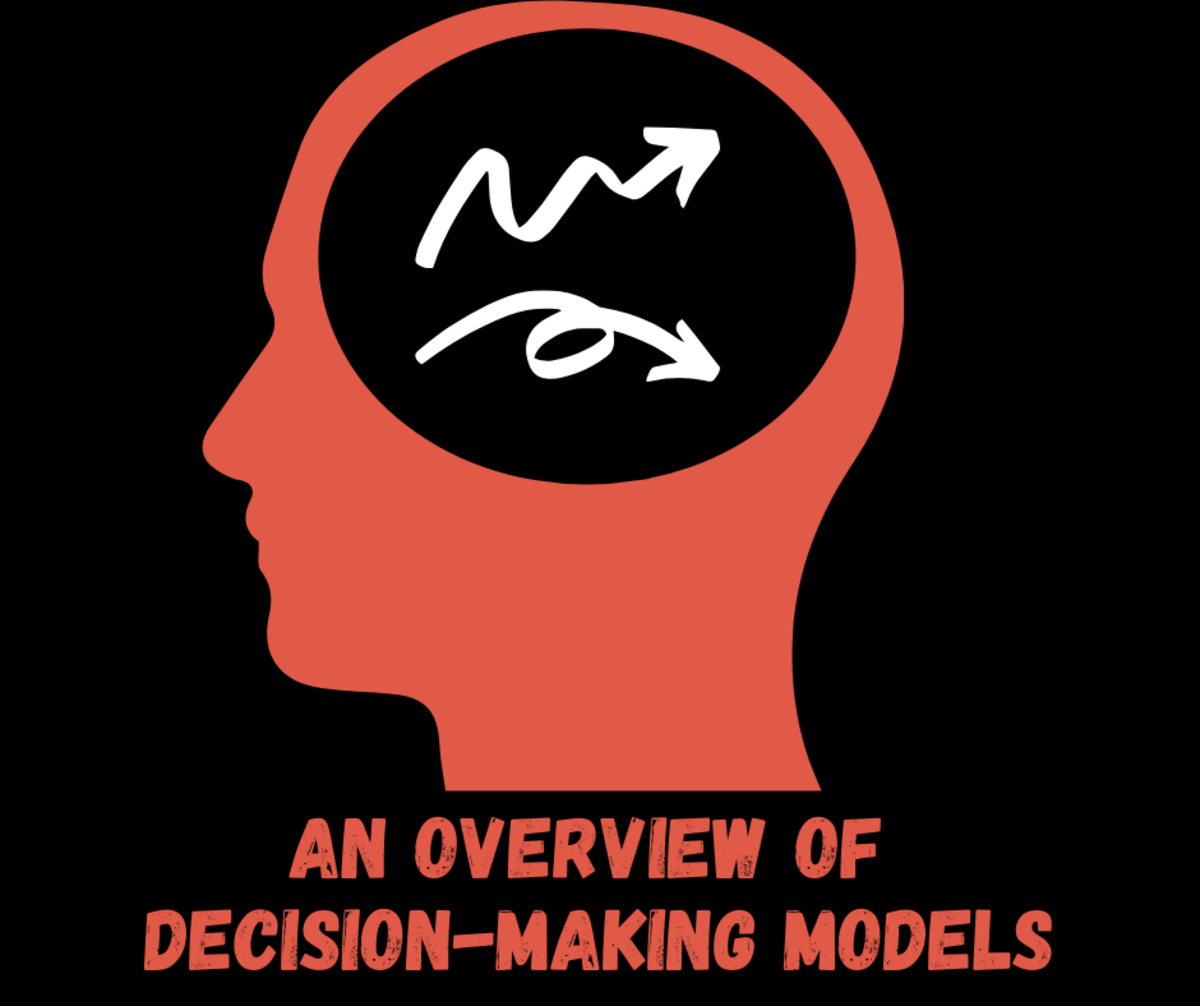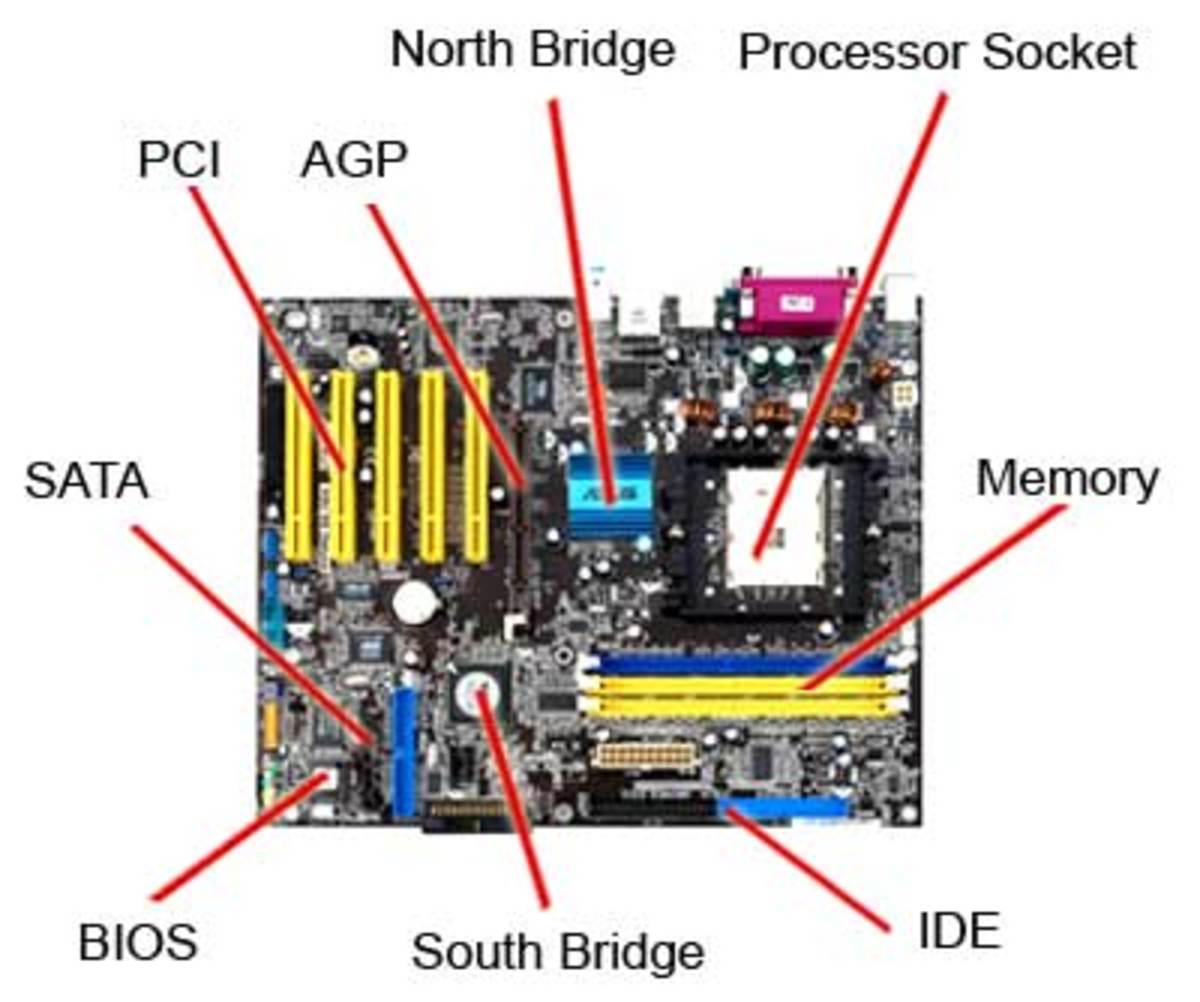Humans Can Process Big Data Too - It's Called Intuition!
You know that feeling...
When you walk into a room and something doesn't feel quite right.
When you meet somebody for the first time and instantly like or dislike the person, but you can't put your finger on it.
When you are about to leave the house but something reminds you to turn around and pick up something you forgot.
When you make tough decisions based on 'gut feel' or 'intuition', particularly mother's intuition.
I'm sure you can think of many more examples - of times where you felt a decision come to you, or a prompting, from somewhere that you can't explain.
That, my friend, is how you have been utilising 'big data', without even knowing it!
The human subconscious mind is more powerful than we think!

Human consciousness is a mysterious thing.
No one knows how the human consciousness works yet, not even the top brain surgeons or Elon Musk.
The human subconscious is a black box.
Tapping into your own consciousness is a challenge. What goes into these decisions goes even deeper - into your subconscious.
We can't even explain human consciousness yet, what more human subconsciousness?!
This is the mysterious 'black box' that we all have.
When you get that feeling of unease, or when you rely on your intuition, you are actually tapping into your subconsciousness. There are so many things that your conscious brain does not register - things like slight facial expressions, items on the edge of your peripheral vision, scents, and even pheromones.
All these things blend together in the black box of our subconscious and manifests itself as our intuition.
It's how you can make snap decisions by trusting your 'gut feel'.
The next question is - can you train your intuition to be better at reading all this 'big data'?
The world around us is not the world we perceive because the thalamus filters out what it considers to be irrelevant information.
— Katrin Preller, from the article here: https://gu.com/p/at7jd/stwSadly, we cannot train our subconscious like the machines do.
It should be painfully apparent to everyone that this subconscious big data analysis we have can't be trained as efficiently as the AI / ML (Artificial Intelligence / Machine Learning) software can, but that doesn't mean we should stop investigating!
History is rife with stories about shamans and seers with uncanny abilities to forecast the future. While some stories are indeed legendary, there have been studies that show that certain drugs (e.g. LSD) help to 'free the mind' from the constraints of our conscious logic (and even subconscious filters) so that we can make connections and see patterns that never occurred to us before, as the quote from Katrin Preller above illustrates.
WARNING: I AM NOT SUGGESTING YOU TRY ANY OF THESE. THIS IS JUST FOR DISCUSSION.
This does imply that the shamans of the past may have been on to something - using the herbs of the past, or hypnosis, to enter a trance-like state can potentially open the mind to be more perceptive and to interpret more of the big data that our senses collect, instead of filtering them away.
With all that being said, this area of study is still very novel and we need to wait for more analysis of what actually happens in our brain to understand how this all works.

There is the dark side to this as well...
Before the terms 'big data' was in the vogue, the dark side of this subconscious data processing has already reared its head.
I'm pretty sure you have heard of the term before: subliminal messaging.
This is done by playing into that big data collection portion of your senses - for example, by flashing a picture so quickly that your conscious mind (and eyes) do not register it, but it still makes an impact on your desires and future actions.
Marketing and advertisements exploited this. For example, a product (such as a soft drink) could be flashed in a micro-second across the screen when you are watching a movie.
Multiple times.
You then finish the movie and suddenly wonder why you are craving that drink.
One classic movie, A Clockwork Orange, uses this to great effect during one scene. As part of the action, the director inserted subliminal flashes (e.g. just one frame, multiple times) of paintings during the scene, which leads the audience to be unable to miss the underlying tone (although, the scene itself was already very overt, but such frames just added to the message).
Generally, the use of such tactics is controversial, and may even be illegal depending on which country you're in.
But, this just reinforces the concept that our senses are able to pick up big data and even analyse it.
Can we use this for our benefit instead?
Even though we cannot deliberately train our subconscious to interpret big data, this doesn't mean that we can't at least pay more attention to our gut feelings and intuition.
Do you get certain gut feelings or intuitive thoughts that aid you with decisions?
Does your first impression of people you meet turn out eerily accurate?
Maybe it's time to listen to yourself more!
Of course, that doesn't mean that you trust your gut for everything. There are times when our decisions don't work out.
But that doesn't mean we should stop! Big data is a numbers game - the more often you try, the more data points you collect, and you may be able to piece together some patterns or manage to associate certain feelings with some outcomes.
If that does happen to you, note it down somewhere! You never know when this anecdotal evidence may be able to shine some light on a future decision.
© 2019 Russell








